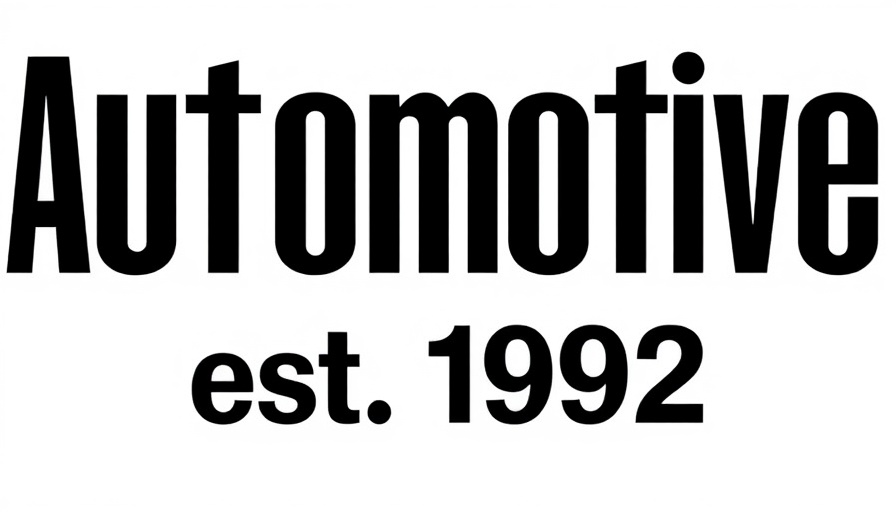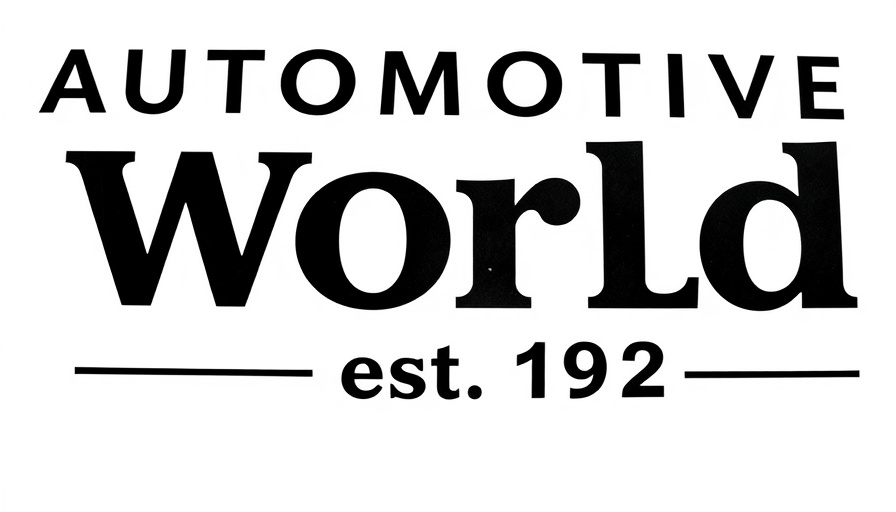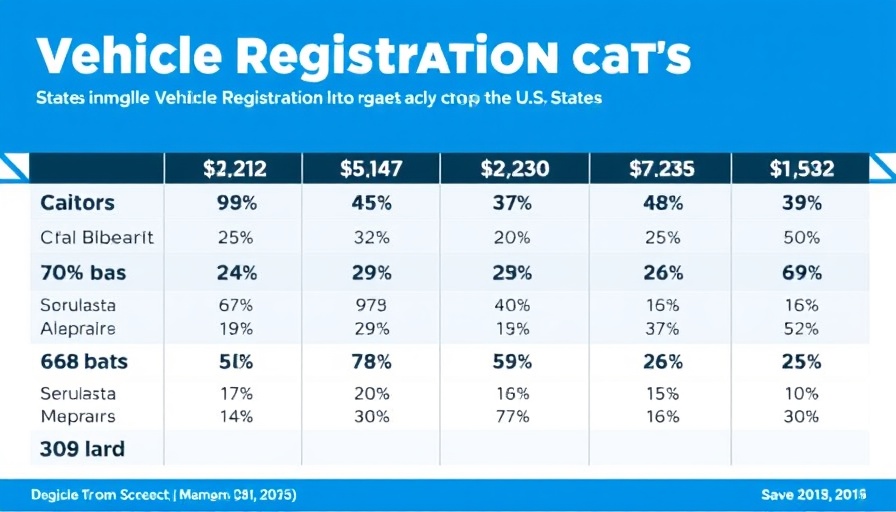
How Tariffs Are Reshaping the Used-Car Market in BC
The looming tariffs in Canada are sending ripples through the used-car market, raising significant concerns among consumers in British Columbia. The recent survey conducted by Autozen, a Vancouver-based auto sales platform, has revealed that a staggering 65% of B.C. consumers are worried about the implications of these tariffs on used car prices.
Understanding the Consumer Concerns
According to the findings of Autozen’s "The Road Ahead: BC Auto Resale Market Pulse" report, an overwhelming 82% of respondents anticipate an increase in used vehicle prices over the next year. This is attributed to the anticipated 25% tariffs that the U.S. plans to impose on imported vehicles and auto parts starting April 3. The fear is exacerbated by an already existing tariff on steel and aluminum, essential materials for vehicle production, which is expected to destabilize price points in both new and used car markets.
Economic Uncertainty Breeds Hesitancy
The uncertainty surrounding tariffs has significant psychological effects on consumers. A notable 30% of respondents indicated that they have altered their decisions regarding large purchases, including cars. This hesitation extends beyond just buying; approximately 73% of survey participants reported they are not planning to sell their cars within the next year, with many fearing they might not obtain a fair price.
Fraud Concerns in the Selling Process
Alongside financial concerns, the study highlights a different type of anxiety among those looking to sell their vehicles. A concerning 61% of B.C. consumers expressed fear of scams, particularly when attempting to sell their cars through traditional online marketplaces such as Facebook Marketplace and Kijiji. This fear has led many to prefer dealership sales despite potential financial drawbacks, with 38% admitting they would rather navigate the uncertainties with a dealership than risk ending up with less money through peer-to-peer sales.
The Need for Trust and Transparency
Sean Mactavish, CEO of Autozen, emphasized the broader trend. "Like the majority of Canadians, British Columbians are seriously concerned about the ongoing impact of tariffs on finding reasonable prices and options in the used car sector," he stated. This concern implies a need for reliable platforms that can offer transparent sales processes amidst these economic fluctuations.
How Dealers Can Adapt to Consumer Needs
For dealership owners and GMs, understanding these consumer sentiments isn’t just crucial for sales strategy; it’s vital for building trust. With most consumers frustrated with traditional dealership models, there's an opportunity to innovate the buying and selling experience. Developing services that offer speed and transparency could help alleviate consumer anxiety, making dealerships the preferred choice in a competitive market.
Future Trends: What Lies Ahead
The impact of tariffs on the automobile market signals a broader trend towards uncertainty in consumer purchasing behavior. Dealerships may face an uphill battle in maintaining sales numbers unless they adapt to the evolving consumer preferences shaped by economic pressures. As the landscape changes, it's critical for auto sales professionals to remain agile and responsive to consumer needs, ultimately reshaping their business strategies to thrive in these challenging times.
 Add Row
Add Row  Add
Add 

 Add Row
Add Row  Add Element
Add Element 




Write A Comment